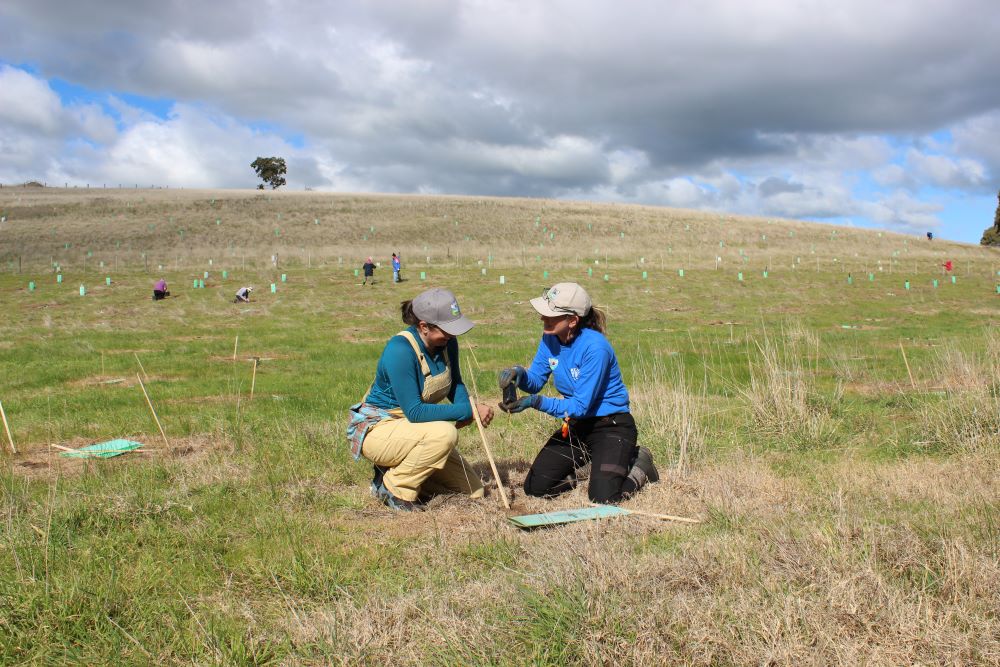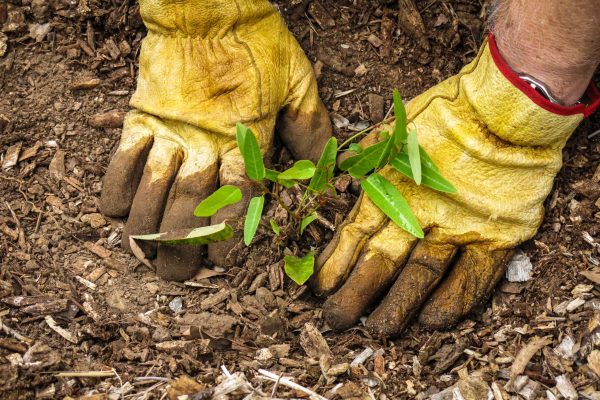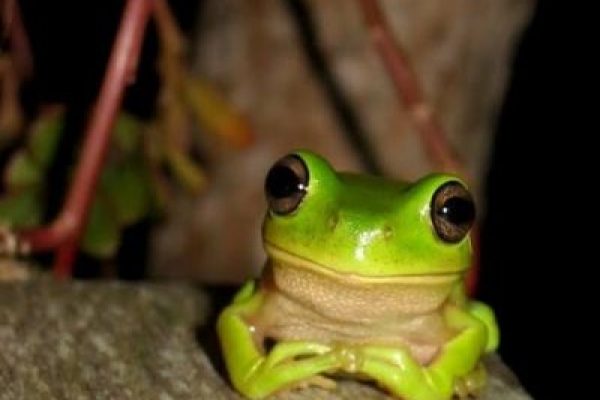July 6, 2023
|
Oblong Trees. From the UK with love.
TREES PLANTED
1,500
When Oblong looked into offsetting their own emissions, they found the process overly complicated and lacking in integrity. So they developed Oblong Trees, a company that streamlines offsetting, doesn’t get too bogged down in precise calculations, and makes a tangible difference. Importantly, Oblong Trees recognises that there is limited space in the UK, and that trees planted on the other side of the world are just as vital for combatting climate change as any in your own backyard.
We are delighted to be assisting Oblong Trees in their aim to plant trees worldwide.
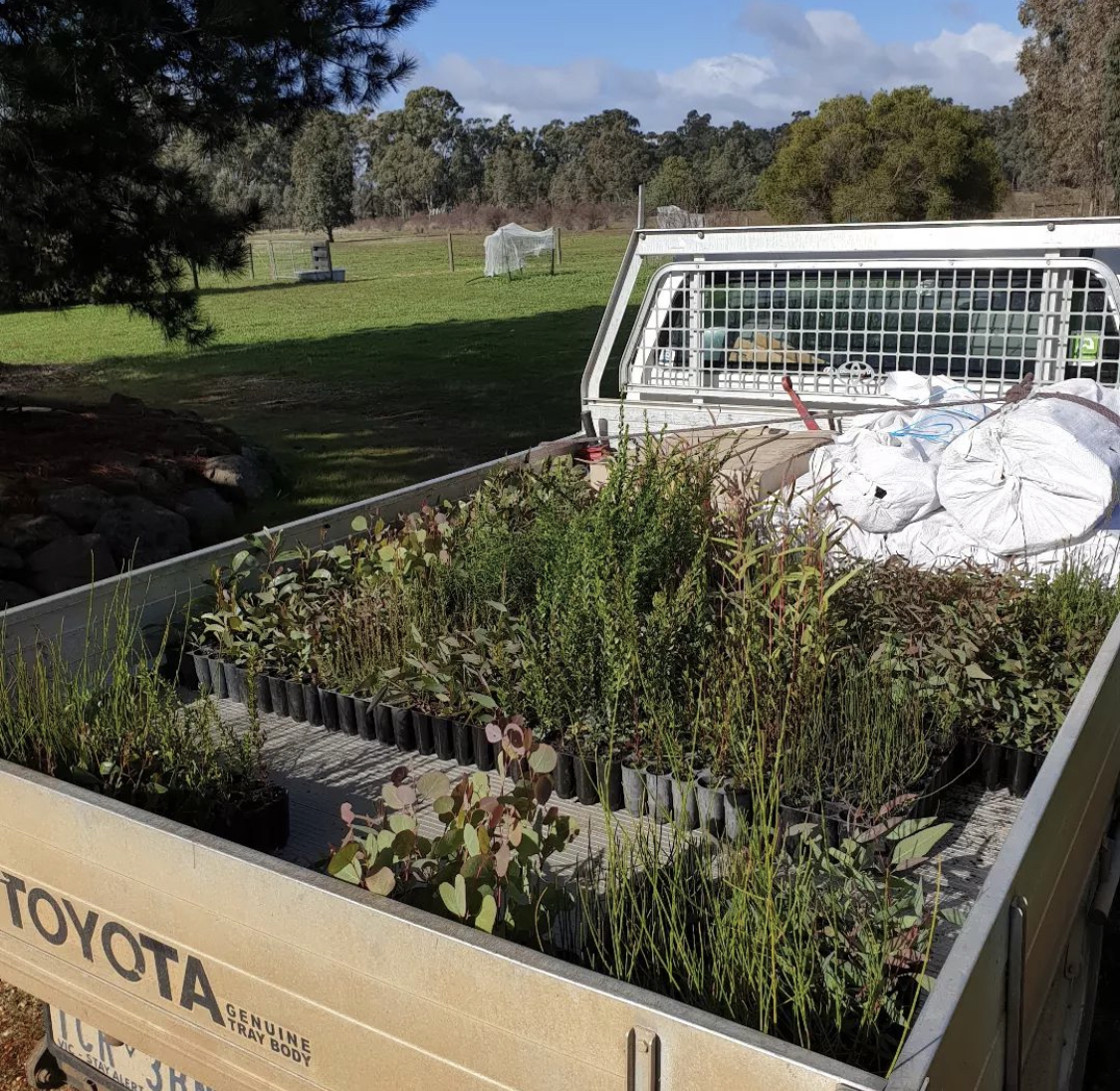
This year, we planted 1,500 trees in the Buloke Shire of Western Victoria, AUS on the behalf of Oblong Trees UK. The trees went across 4 sites and were planted by volunteers from Buloke and Northern Grampians Landcare Network (BNGLN) on traditional Dja Dja Wurrung Land. We are thankful for the expertise of the BNGLN for their support in helping to plant these trees. Here’s an interview, we recently conducted with Andrew Borg, coordinator of this network.
Site 1 | Kara Kara, VIC (-36.853293, 143.328038) | 150 trees
The trees were planted by Friends of Blue Gum Rise, a local conservation group. This is Box-Ironbark country, along with red gum and Victorian blue gum. The Kara Kara National Park (adjacent to the planting area) is co-managed by the Dja Dja Wurrung. The Traditional Owners are keen for the future return of native marsupials to the forest. The Friends of Blue Gum Rise hosts a breeding program for endangered Squirrel Gliders and Rufous Bettongs.
This area would once have been Box-Ironbark forest but was cleared as a result of mining (1860s), forestry (1920s) and farming (1930s) activities. It is being restored to the original Ecological Vegetation Class (or as close as possible) by the current owners. The trees are predominantly Wattle species, but also some grey/red box. The Group had assistance from the St Arnaud Secondary College ‘hands on learning program’.
We hope that our planting will provide additional habitat to assist with the restoration of endangered species to the area in the longer term. This small planting will provide a seedbank for future use, habitat and food source for native birds and marsupials, and an extension of the Kara Kara National Park-Cherry Tree Creek bio-corridor.
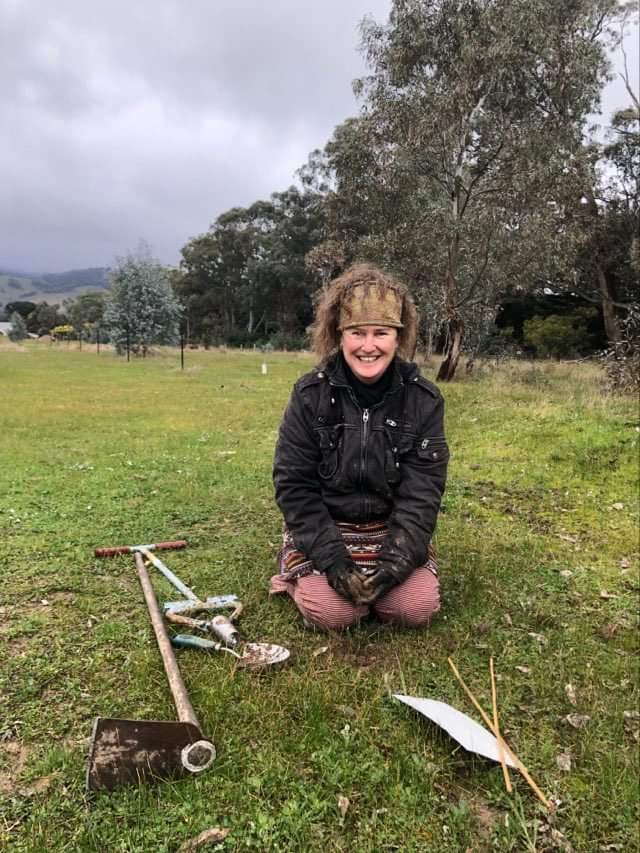
There is currently a lack of smaller marsupials due to land clearance and feral animals, although kangaroos and wallabies are frequently sighted. There is a variety of birds including white-plumed honeyeaters, Jacky winters, white winged choughs and transient species including a variety of parrot and waterbird species. The property is also home to Powerful Owls, Hooded Robins and Diamond Firetails.
Without sponsors, the important work of increasing the numbers of small marsupials in our area could not be completed. Trees provide habitat and food, vital for the re-introduction of locally extinct species. Thank you.
Friends of Blue Gum Rise
Site 2 | Wycheproof, VIC (36.042652S, 143.386067E) | 300 trees
Mount Wycheproof was considered to be a meeting place for several indigenous tribes (thus it does not belong to one traditional owner group). While there is no Recognised Aboriginal Party located in this area, Wemba Wemba, Dja Dja Wurrung and Barapa Barapa have all indicated a presence in the region.
Wycheproof is Plains Woodland Country (Yellow Gum, Buloke, Grey and Yellow Box) of Northwest Victoria and Riverine Swamp Forest Complex (predominantly Red Gum). The trees planted were propagated from seed collected in the district the previous year. They were predominantly Red Gum, Yellow Gum, Buloke, Red Box, Yellow Box and Wattles.
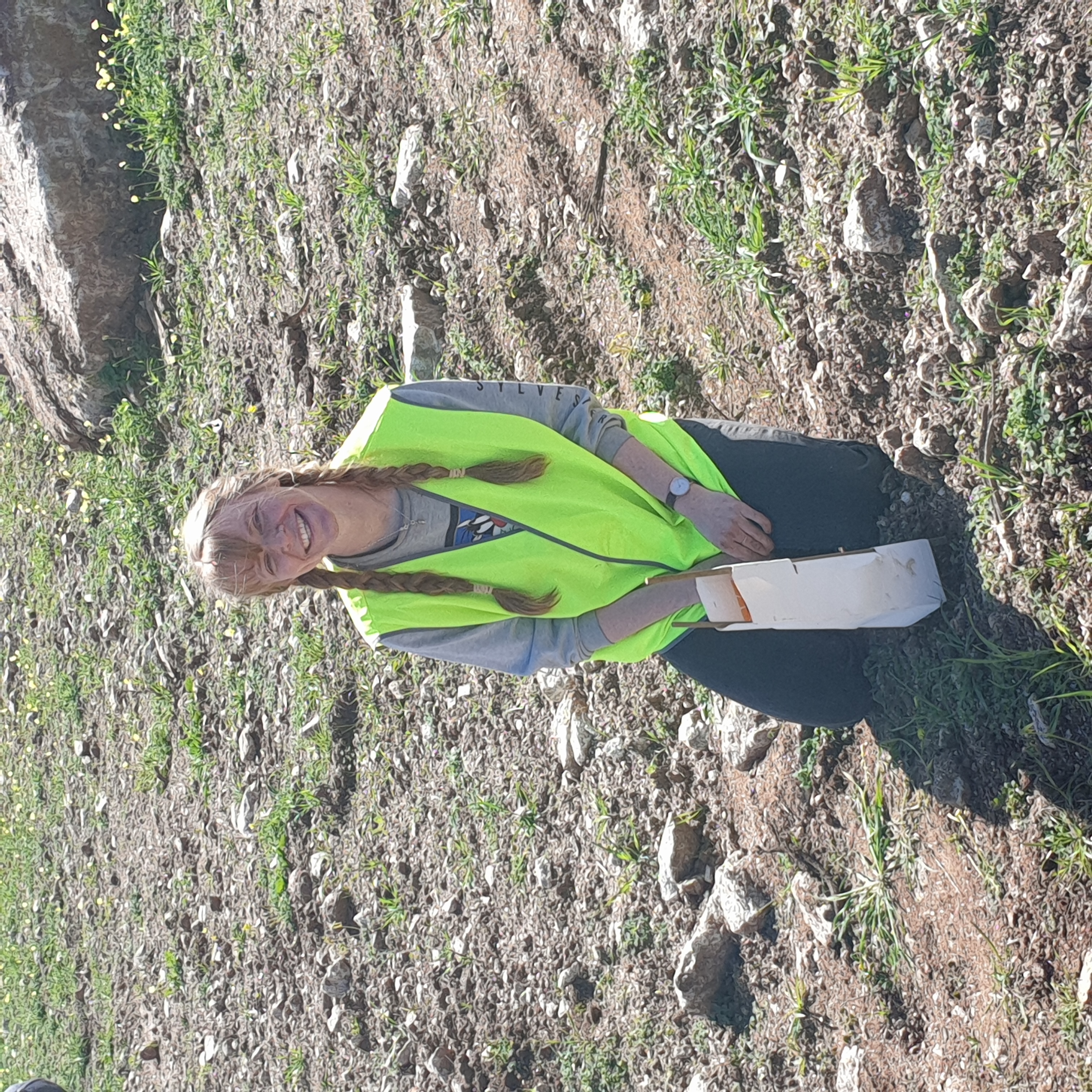
The site has been heavily impacted since white settlement being used as dumping ground for material removed from the Wycheproof P-12 site during an upgrade to buildings. This has since been cleared and the local Landcare Group is returning it to a nature space for the students.
We hope that our planting will provide additional habitat to assist with the restoration of endangered species to the area in the longer term. These plantings will provide a seedbank for future use, habitat and food source for native birds and marsupials, and provide enhancement to existing habitat Biolinks.
There is currently a lack of smaller marsupials due to land clearance and feral animals, although kangaroos and wallabies are frequently sighted. There is a variety of birds including white-plumed honeyeaters, waterbird species, kookaburra and willy wagtails.
Without sponsors like Oblong Trees, the important work – and longer-term aim – of restoring and enhancing our regional landscapes and ecosystems could not be completed. Trees provide habitat and food, vital for the long term survival of our native species. Thank you.
Wycheproof and District Landcare
Site 3 | Moonambel, VIC (-36.993414, 143.32984) | 450 trees
Over the course of a few weeks, 450 trees were planted at Moonambel in the western district of Victoria. They were a mix of local species including Red gum, Grey, Yellow and Red Box, Yellow Gum, Buloke and a variety of Wattle. This area is predominantly Box-Ironbark vegetation class.
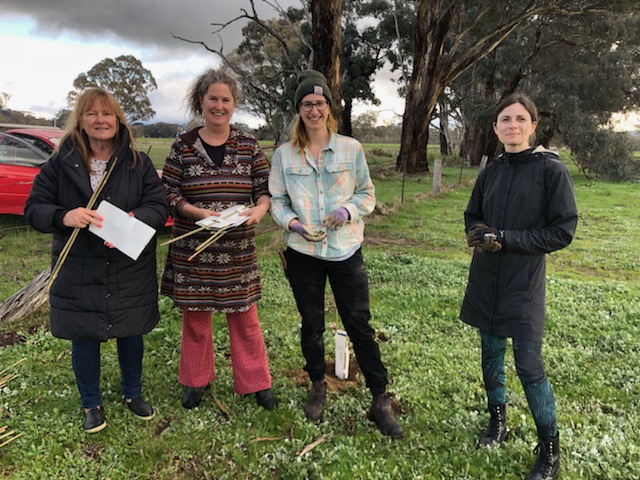
The planting group are aiming to regenerate the old ‘sheep paddock’ into a native habitat for local wildlife and to provide linkages to areas of remnant vegetation. They are also hoping to lure woodland birds into the reserve which will assist with the environmental studies.
The area is home to several small marsupials including Sugar Gliders, Yellow-footed Antechinus as well as echidna, kangaroo and wallaby. Bird surveys in the area have shown that there are abundant species of honeyeater, parrot (Red Rumped and Musk parrots, Crimson and Eastern Rosellas) and smaller woodland birds (including Red, and Yellow Robins, and Diamond Firetails (endangered).
Thank you Oblong Trees for sponsoring the trees planted in Moonambel. You are helping our small bush community to provide homes for more wildlife, blossoms for pollinators and to make our town more beautiful!
Danielle Boothroyd | Member | BNGLN
Site 4 | Slatey Creek, VIC (-36.535933, 143.293777) | 900 trees
Predominantly, Buloke and Drooping Sheoak species of trees were planted. The Network had assistance from Year 9 of St Arnaud Secondary College who planted the trees over two days. These sponsored trees are an extension to a larger project, called Project Windharp, which seeks to revegetate Buloke across the Network area.
Traditionally, this would have been Buloke Woodland – home to Red Tailed Black Cockatoos (which feed on Buloke seed pods) – alas no longer seen in this district. The land was significantly cleared for agriculture and Buloke (one of the hardest woods in the world) was used as firewood and fenceposts. It’s not regarded as a particularly ‘pretty’ tree by the average farmer who also dislike it for its lack of fast development (it can take a hundred years to mature), and it readily succumbs to intensive agriculture activity. This particular site would once have been Buloke woodland. Intensive farming has caused a natural degradation and there is significant erosion.
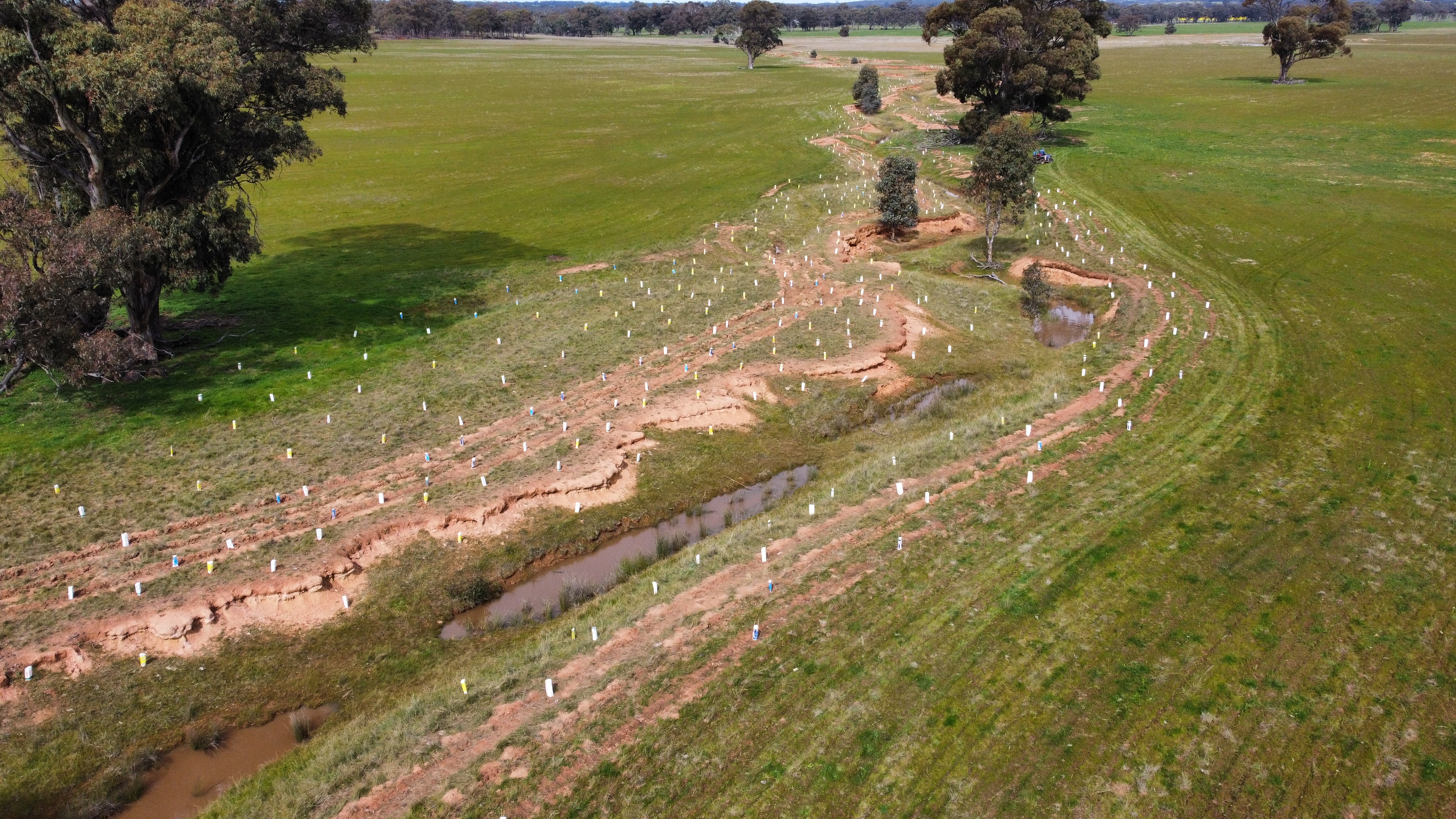
The Polkinghorne family are hoping to see large scale Buloke plantations in the area and would welcome the sight of Black Cockatoos once more. These plantings provide an enhanced carbon and nitrogen fixing capability. The trees are fenced off from the livestock so that the Bulokes can thrive unhindered. The current owners are a young farming family who bought the property in the last 18 months. They have undertaken significant erosion control works, and are seeking to reinstate Buloke trees across their property.
This reasonably large scale planting will form part of a network of habitat bio-corridors for all sorts of native animals and birds, while this and successive plantings will also alleviate the issues of erosion. There is currently a lack of smaller marsupials, although kangaroos and wallabies are frequently sighted. There is a variety of birds including white-plumed honeyeaters, Jacky winters, white winged choughs and transient species including a variety of parrot and waterbird species.
A huge thank you to the sponsors of these trees. You are helping to build habitat, fix erosion, increase soil carbon; and hopefully, together we can bring back the Black Cockatoos!
Polkinghorne Family | Members | BNGLN
Our climate needs big, global thinkers right now, with big, global goals. Thank you to Dan Whiteman, managing director at Oblong UK Ltd for initiating this partnership and entrusting Fifteen Trees to be your Australian planters.
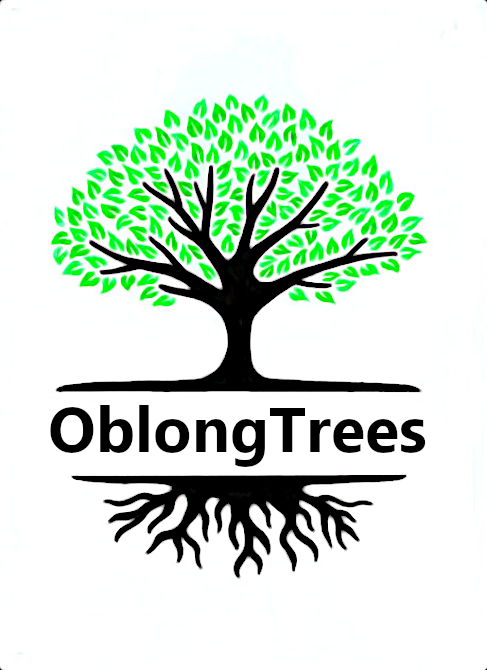
Here at Fifteen Trees, we are always happy to have a chat about the best way to incorporate sustainability into your organisation. We can help you to connect with the broader community and reduce some of your company’s environmental impacts. If interested, please contact Colleen at <[email protected]>.
If you would like to know more about sponsoring community tree planting projects and how we can assist you in becoming a more sustainable business, please contact Colleen at <[email protected]>.
Writer: Colleen B. Filippa
With a background in Environmental Science from Melbourne University (MSC), Colleen is the Founding Director of Fifteen Trees. In 2009, after 20 years in primary, secondary and tertiary education institutions, Colleen left the classroom to start the company. Fifteen Trees is a social enterprise assisting individuals and companies to reduce their carbon footprint by supporting community groups such as Landcare, schools and environmental networks.
RECENT TREE PLANTINGS
1,200 TREES PLANTED
135 TREES PLANTED
1110 TREES PLANTED
SIGN UP FOR OUR MONTHLY UPDATES.
Restoring Australian ecosystems. Supporting communities with their revegetation projects for a greener and healthier planet.
Fifteen Trees acknowledges Indigenous Australians as the traditional custodians of the lands on which we work, live and play.
We recognise that Indigenous Australians have cared for and lived in harmony with this land for millennia, and their knowledge and wisdom of the land endures.
We pay our respects to Elders past, present and emerging and stand in solidarity as Indigenous Australians seek a fairer and more sustainable future for the land and its people.
